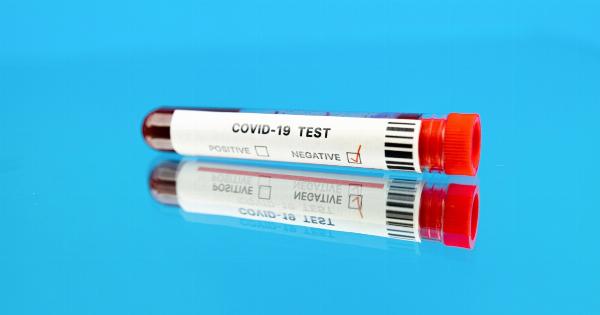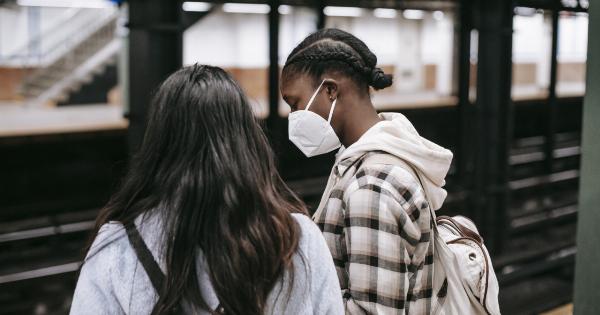The Middle East respiratory syndrome (MERS) coronavirus also known as MERS-CoV is a highly infectious respiratory disease caused by a novel coronavirus (CoV).
The virus was first identified in Saudi Arabia in 2012 but has since spread to other parts of the world. As at the time of writing this article, there have been over 2,500 cases in 27 countries, including the Middle East and some parts of Asia.
What are the symptoms of MERS?
The symptoms of MERS can range from mild to severe, including a fever, cough, and shortness of breath. Some people may also experience gastrointestinal symptoms like diarrhea, nausea, and vomiting.
In severe cases, the virus can cause pneumonia, which can lead to hospitalization and even death.
How is MERS transmitted?
MERS-CoV is primarily spread through close contact with an infected person or animal. Infected individuals can spread the virus through respiratory secretions like coughing and sneezing or through contact with contaminated surfaces.
Who is at risk of contracting MERS?
People who live or work in areas where the virus is prevalent, such as the Middle East, or those who have traveled to those areas recently are at higher risk of contracting the virus.
Other people who may be at risk include healthcare workers who care for infected patients and those who have come into contact with infected animals.
Prevention and treatment of MERS
As there is currently no specific treatment for MERS, prevention is key. The most effective ways to prevent the spread of the virus include:.
- Washing hands regularly with soap and water or using hand sanitizer
- Avoiding close contact with people who are sick
- Covering the mouth and nose when coughing or sneezing
- Wearing masks in areas where the virus is prevalent
- Avoiding contact with infected animals
Conclusion
The MERS coronavirus is a highly infectious disease that can be severe and even fatal in some cases. It is important to take necessary precautions to prevent its spread and protect yourself and others from infection.
If you experience any symptoms of MERS, seek medical attention immediately.



























